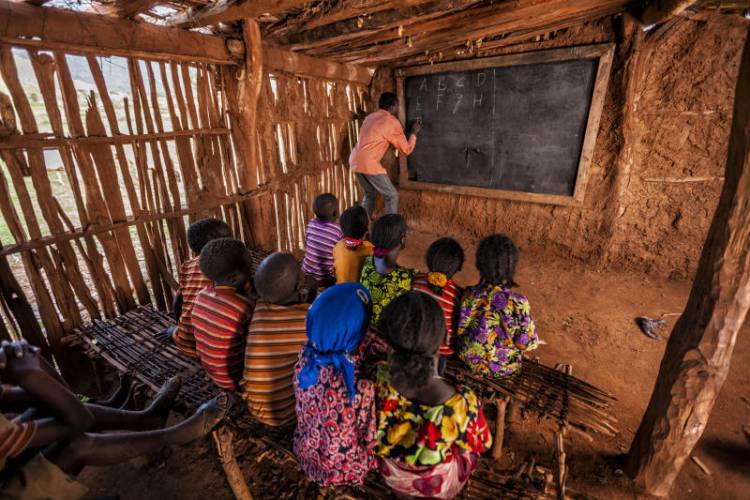×
The Standard e-Paper
Fearless, Trusted News

Thousands of teachers and support staff have gone without salaries for two months as the Covid-19 pandemic plunges institutions into a financial crisis.
The 31,000 primary and secondary schools have at least 72,000 teachers recruited by Boards of Management (BoMs) besides thousands of non-teaching staff.